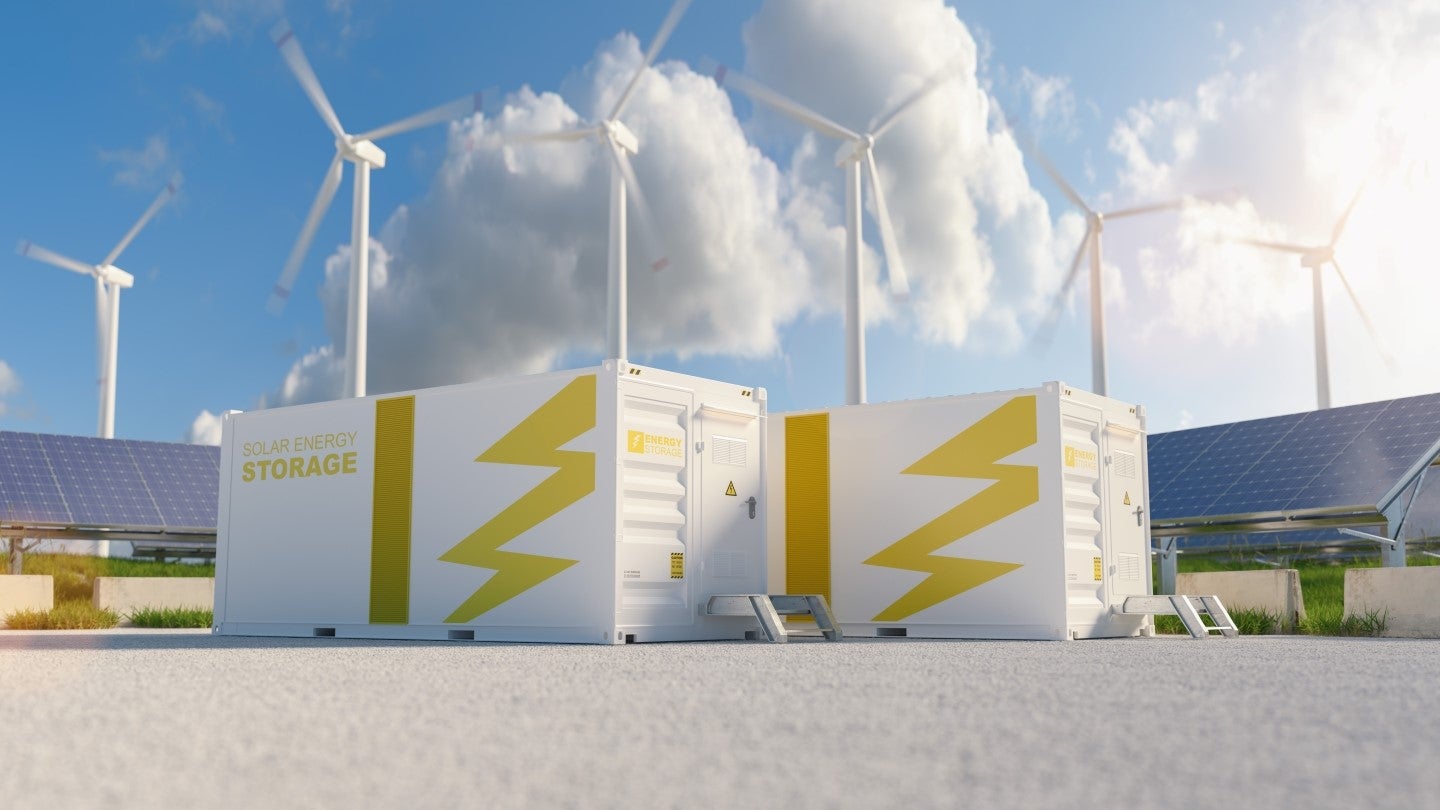
A total of 11 countries, including India, Egypt and Kenya have joined the battery energy storage systems (BESS) consortium at the 2023 United Nations Climate Change Conference (COP28), being held in Dubai, UAE.
Barbados, Belize, Ghana, Nigeria, Malawi, Mauritania, Mozambique, and Togo are also joining. The announcement was made by the Global Leadership Council of the Global Energy Alliance for People and Planet.
Through the consortium, the countries will set a goal of 5GW of BESS by the end of 2025. These systems are expected to be deployed by the end of 2027.
To reach the target of 400GW of renewable energy by 2030, 90GW in energy storage must be built.
The consortium’s initial 5GW target will devise a roadmap to reach this longer-term goal.
BESS is a critical element in the deployment of renewable energy sources that are intermittent, such as sunshine, and can help increase grid reliability.

US Tariffs are shifting - will you react or anticipate?
Don’t let policy changes catch you off guard. Stay proactive with real-time data and expert analysis.
By GlobalDataRenewable sources of energy with a combination of BESS are cheaper than fossil fuel power plants.
As a multi-stakeholder partnership, the BESS consortium can bring the benefits of energy storage to low and middle-income countries.
The consortium also pledged to mobilise $1bn in concessional finance, expedite project deployment, enhance the regulatory environment, build a market for BESS and open up commercial and public financing.
Among the consortium’s resource partners are the African Development Bank, Agence Française de Développement, the Asian Development Bank, GEAPP, the Inter-American Development Bank, the German Agency for International Co-operation and the World Bank.
Other partners include Africa50, AMEA Power, the COP28 Presidency, Infinity Power, Masdar, the National Renewable Energy Laboratory, Net Zero World, RMI and Sustainable Energy for All. More partners and countries are projected to join.
Vietnam also participated in the consortium’s launch, committing to a clean energy switch, and Indonesia has expressed significant interest in participation.
The participating countries, utilities and resource partners within the consortium will identify and co-develop investment packages to support BESS projects.
Norway’s Prime Minister and Global Leadership Council co-chair Jonas Gahr Støre stated: “The Global Leadership Council was formed to expedite change and bring forward transformative initiatives that will cut emissions, create jobs and expand access to clean and affordable energy in low and middle-income countries.
“Three months ago, we committed to establishing the BESS Consortium, and already we have countries, resource partners and champions on board. This is only the beginning. We must continue to move at collective speed and scale.”



